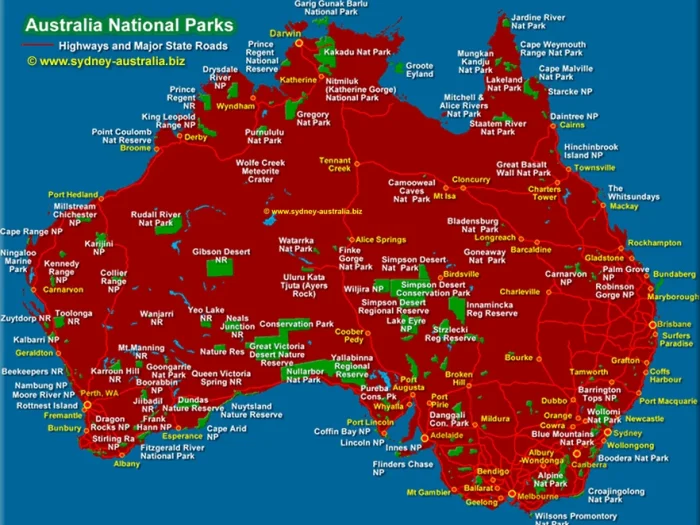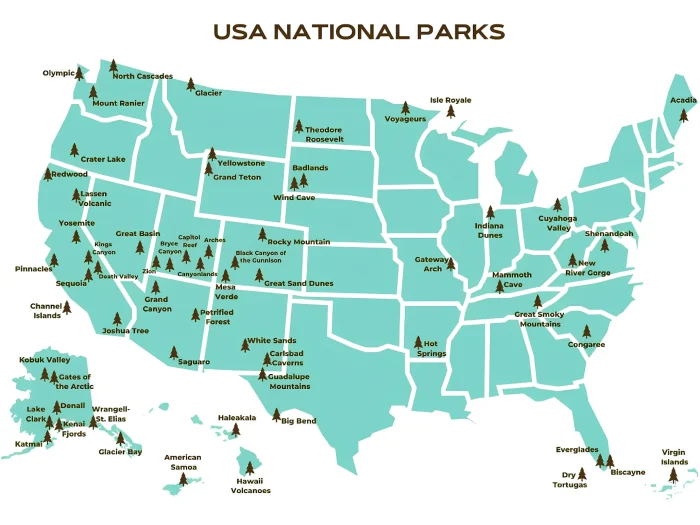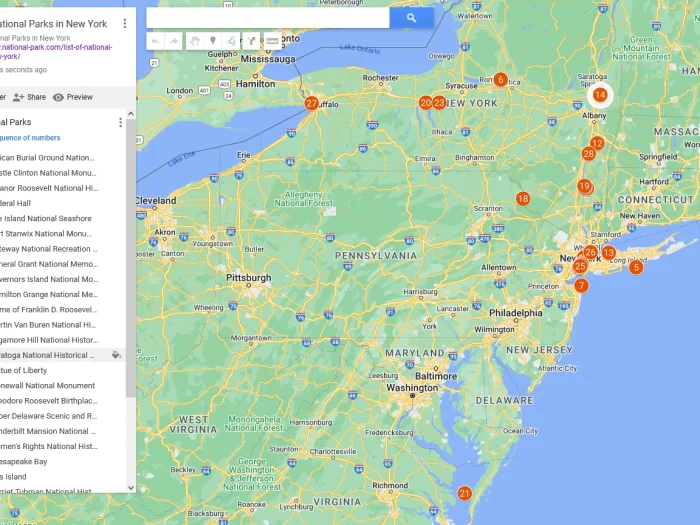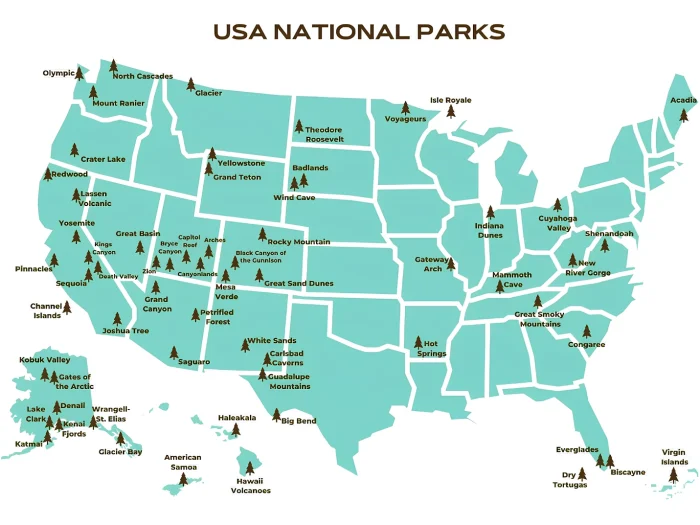Youth Education and Engagement in National Parks
National parks are like outdoor classrooms, offering young people numerous eye-opening and hands-on experiences that support learning and engagement. These natural reserves reinforce education with meaningful illustrations and foster a lifelong sense of ecological responsibility. They make learning subjects such as history, ecology, geography, and biology more interesting. National parks also offer a range of engaging group activities. In the following post, we examine the benefits of youth education and engagement in national parks and how to choose a national park that provides the most meaningful encounters.

Importance of youth education and engagement in national parks
- Balances academics and exploration
National parks provide vibrant outdoor environments where young people can explore nature and enrich their knowledge of natural disciplines. Still, finding a balance between academic obligations and exploration sometimes requires expert assistance from services that respond to writing research papers. The online writing services assist students who are pressed for time or need help with difficult assignments. That way, you can submit high-quality papers on time and have a stress-free field trip to the national park.
- Offers interactive learning experiences
National parks have a variety of activities for the youth that facilitate discovery, learning, and engagement. The activities include performing water quality tests in dams and rivers and staging historical portrayals of famous locations. Doing such activities in groups promotes collaboration and enhances academic achievements.
- Promotes environmental stewardship
Youth activities in national parks nurture environmental stewardship. The parks involve the youth in various historical locations and habitats and teach the importance of preserving them. Environmental stewardship entails teaching the youth ways of protecting natural and cultural resources. National park activities help students develop a lifelong dedication to environmental conservation.
- Enhances critical thinking and leadership skills
Youth education and engagement activities at national parks challenge young people to lead and think on their feet. The activities present real-world problems, such as leading conservation efforts, deciding suitable trails, and team coordination. The experiences teach the youth the value of teamwork and good leadership in attaining collective achievements.
- Supports physical health and emotional well-being
Activities done by the youth in national parks, such as hiking and biking, enhance fitness and mood. They provide holistic development by supporting the emotional well-being of the youth. The tranquility of nature also relieves stress and clears the mind. Thus, youth education and engagement activities at national parks are important in promoting a healthy mind and body.
- Facilitates historical research
Most national parks have historic sites, such as museums, maps, buildings, and landscapes, which the youth can study in their research projects. Parks offer detailed information about historical artifacts and other objects, giving young scholars the challenge to interpret and advance their study through historical research. For example, students may identify with historical information and use it to conduct interviews and learn first–hand information that advanced knowledge on the subject matter.
- Teach cultural preservation
Youth education and engagement in national parks include activities that maintain and preserve culture. Cultural preservation can include intangible aspects such as music, dance, religion, or language of a particular group. Culture can also include tangible art, architecture, and cultural landscapes. Cultural literacy is a useful trait for the youth because it nurtures competencies such as critical thinking and problem-solving.
How to choose the best national parks for youth education and engagement
When it comes to planning your next adventure at a national park, the right information can be the difference between a good and bad experience. Let’s explore some variables that will help you make the experience at a national park as educational and engaging as possible.
- Weather
One of the main things young people must consider when choosing a national park to visit is what the weather will be like. See how the temperatures in the areas are during the time you plan to visit. Some parks are best to visit only in the summer, while others are comfortable during autumn. That way, you have a memorable and educational time at the national park when the weather is conducive.
- Curriculum
To choose a proper park for youth education and engagement, consider your curriculum. Not every learning discipline requires a trip to the popular Grand Canyon or Yellowstone National Parks. For example, the Everglades are suitable for students who want to expand their knowledge of biodiversity and ecosystems. Each national park has specialized facets of nature and cultural heritage, so choose based on learning needs.
- Total acres and estimated number of visitors
Congestion and crowding in national parks can detract young people from participating in educational and engaging activities. Most seasons host potential delightful experiences at national parks, but summer is the busiest time. Therefore, if you want to make an educational and engaging trip to a national park, you might want to consider one with few visitors or travel during off-peak season. Alternatively, you can choose a big park that can hold many visitors to minimize the chances of overcrowding.
- Objectives
Some young people go to national parks to learn, while others go for recreation and exploration. Whatever your objectives are, they can guide you to select a national park with activities that help you meet your goals. For example, Gettysburg National Military Park can be a good choice for students wanting to learn more about American history and civil rights, while the Appalachian trail can suit a group of hikers. Do your research to find a park near you that provides the most meaningful encounters.
- Park synergy
Young people like spending time outdoors to unplug and interact with nature. That’s why you should find a national park that helps you make the most of your time away from school or work. This may involve visiting several parks as part of your vacation. Choose locations with other interesting options around them instead of isolated national parks. That way, you can synergize your visit with other interesting outdoor activities, promoting education and engagement.
National parks are essential instruments of learning and engagement for youth
Integrating visits to national parks into the school curriculum can help young people have a holistic educational experience. It also cultivates engagement, leadership abilities, wellness, and environmental stewardship. National park visits are a chance for the youth to connect with the world in new ways.




